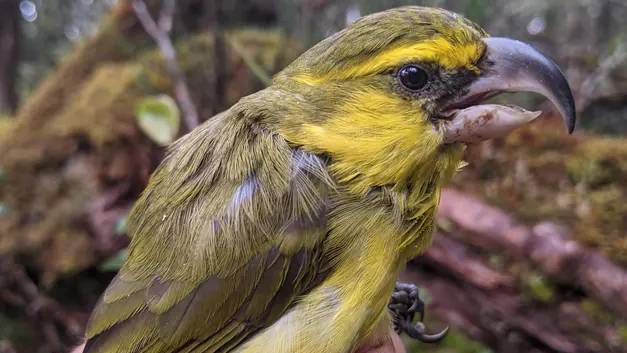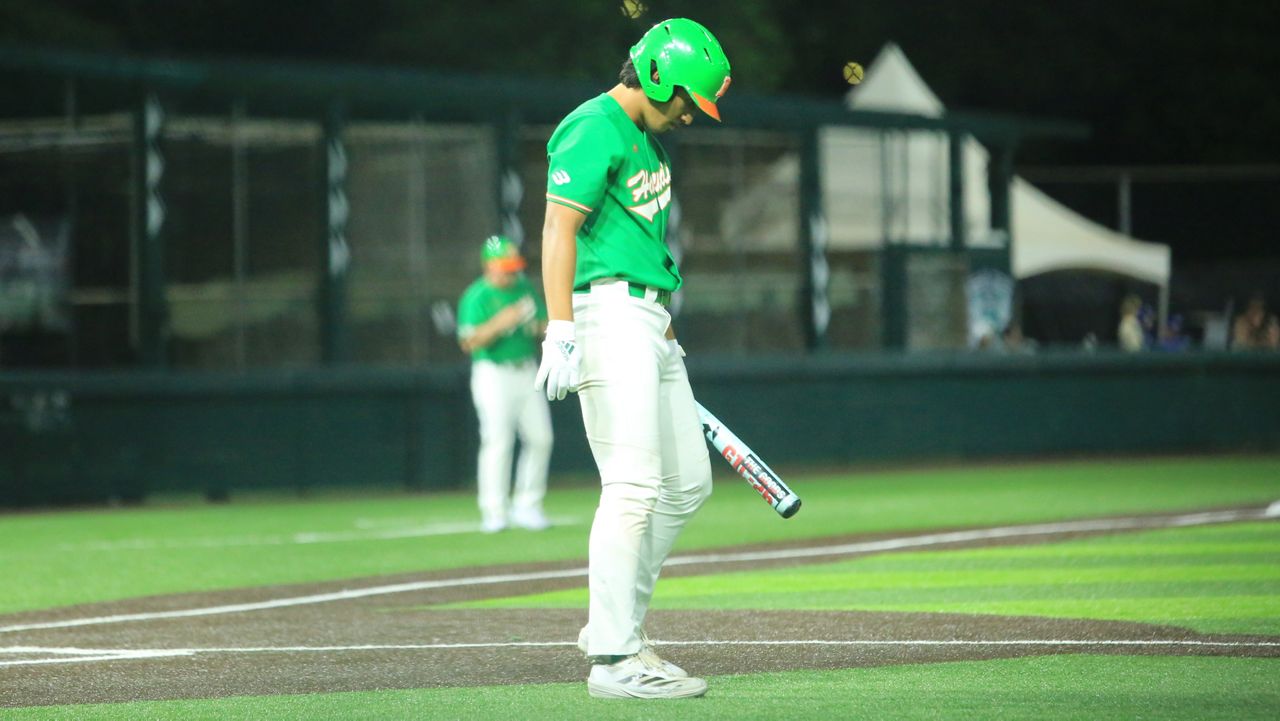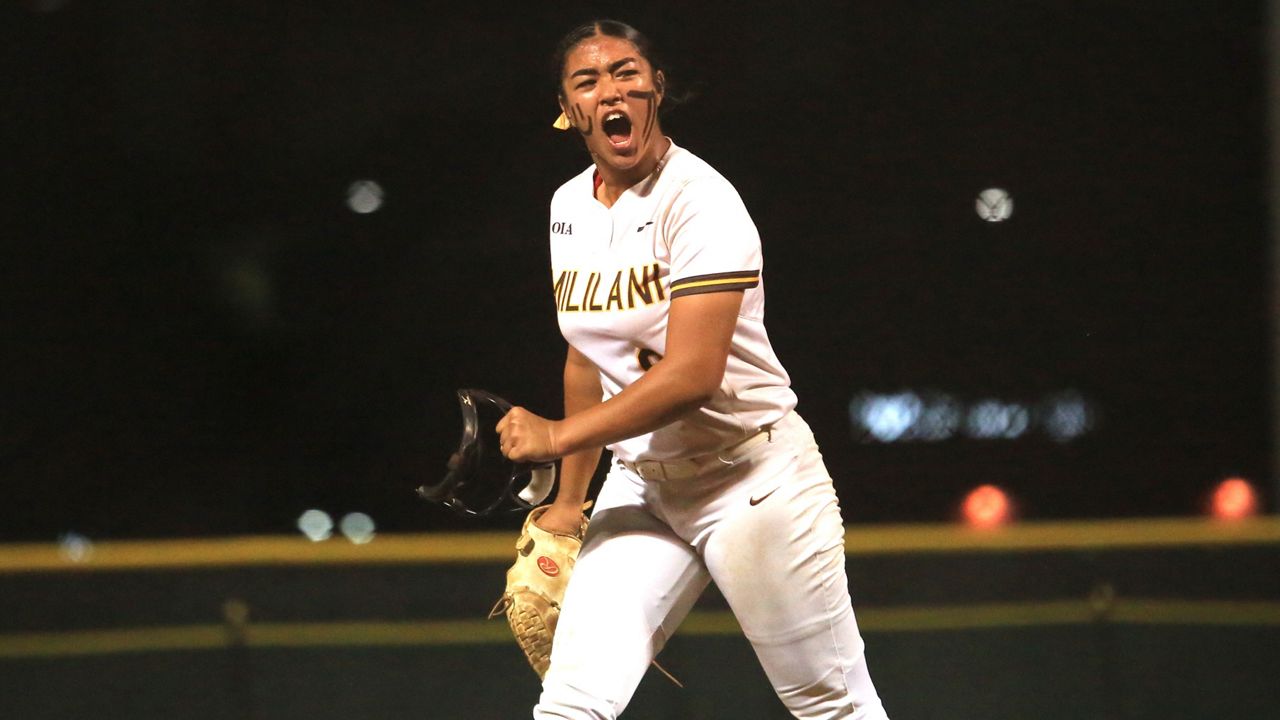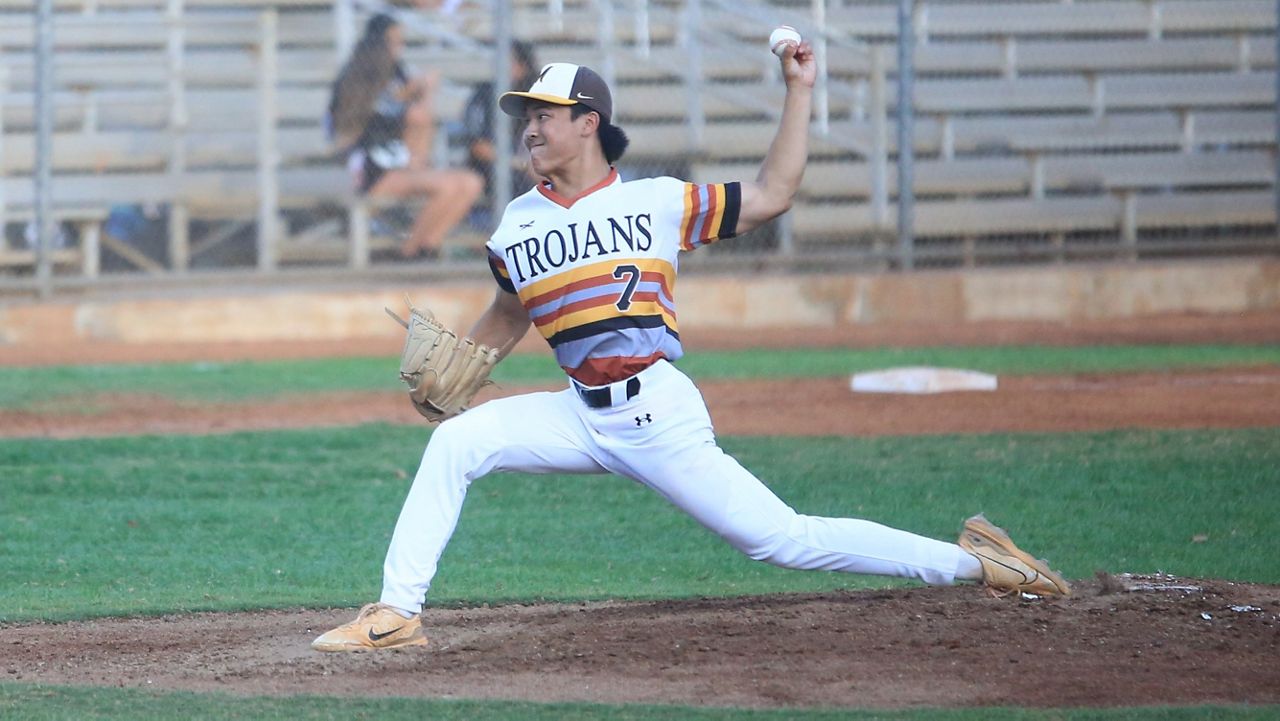The Intermediate Court of Appeals cleared the way Monday for the state to continue the release of millions of laboratory-augmented mosquitos in East Maui to combat avian malaria.
The ongoing release is part of an Incompatible Insect Technique initiative by which male mosquitoes are infected with Wolbachia bacteria and released in areas where mosquito-borne avian malaria is present.
The infected mosquitoes mate can only sire offspring with other mosquitoes that have the virus. Thus, when they mate with wild female mosquitoes who lack the Wolbachia virus, the resulting eggs do not hatch and no offspring are produced, leading to a decline in the overall population of mosquitoes that carry avian malaria, which has decimated populations of already endangered Hawaiian honeycreepers and has led to the extinction of several native bird species.
In 2023, the state Board of Land and Natural Resources, which issued a finding of no significant impact, approved a final environmental assessment for the project. The environmental advocacy group Hawaii Unites subsequently filed a claim in Environmental Court claiming the assessment was insufficient and the board erred in its acceptance.
The Environmental Court upheld the board’s approval, ruling that the assessment and finding both satisfied statutory requirements.
Hawaii Unites appealed the ruling, arguing that the court’s decision was based on an incorrect standard for judicial review. On Monday, ICA ruled that the Environmental Court applied the correct standard and that BLNR acted appropriately.
“This is an emotional issue for people,” said BLNR chair Dawn Chang. “These birds are part of our cultural and ecological heritage, and I think everyone wants to see them protected in the right way. Whether in support or opposition, we appreciate everyone who provided their manao on this topic so informed decisions could be made on the adequacy of the FEA. What we do know is that taking no action will put these valuable manu or birds at further risk of extinction.”
Maxx Philipps, director and staff attorney for the Center for Biological Diversity, which represented co-defendant American Bird Conservancy in the suit, said ICA’s decision affirmed that the state is on solid legal and scientific ground in its effort to protect native forest birds via Incompatible Insect Technique.
“The courts have once again made clear that we won’t stand by while avian malaria pushes these irreplaceable species to the brink,” he said. “Our manu deserve a fighting chance.”
Deputy attorneys General Miranda Steed and Danica Swenson represented DLNR in the suit.
“Our defense was evidence-based and supported by the scientific analysis in the FEA. We appreciate the ICA reinforcing the importance of the Hawaii Rules of Evidence in this decision,” Swenson said.
Michael Tsai covers local and state politics for Spectrum News Hawaii. He can be reached at michael.tsai@charter.com.











